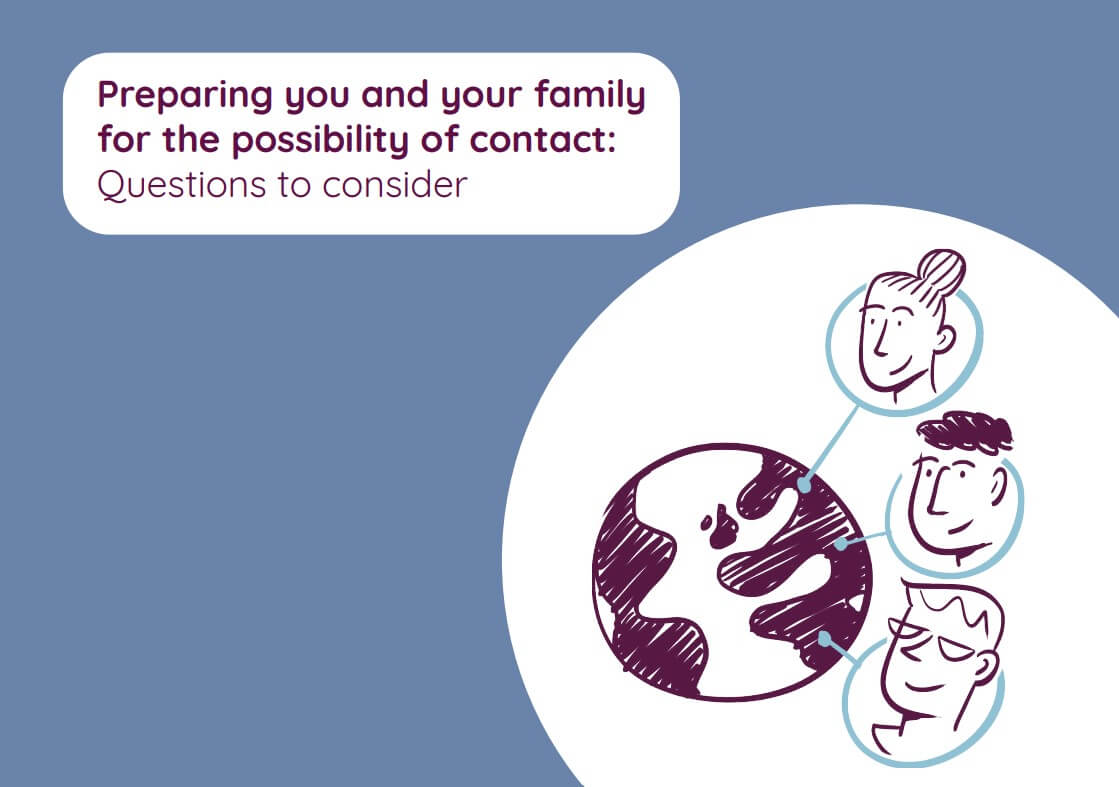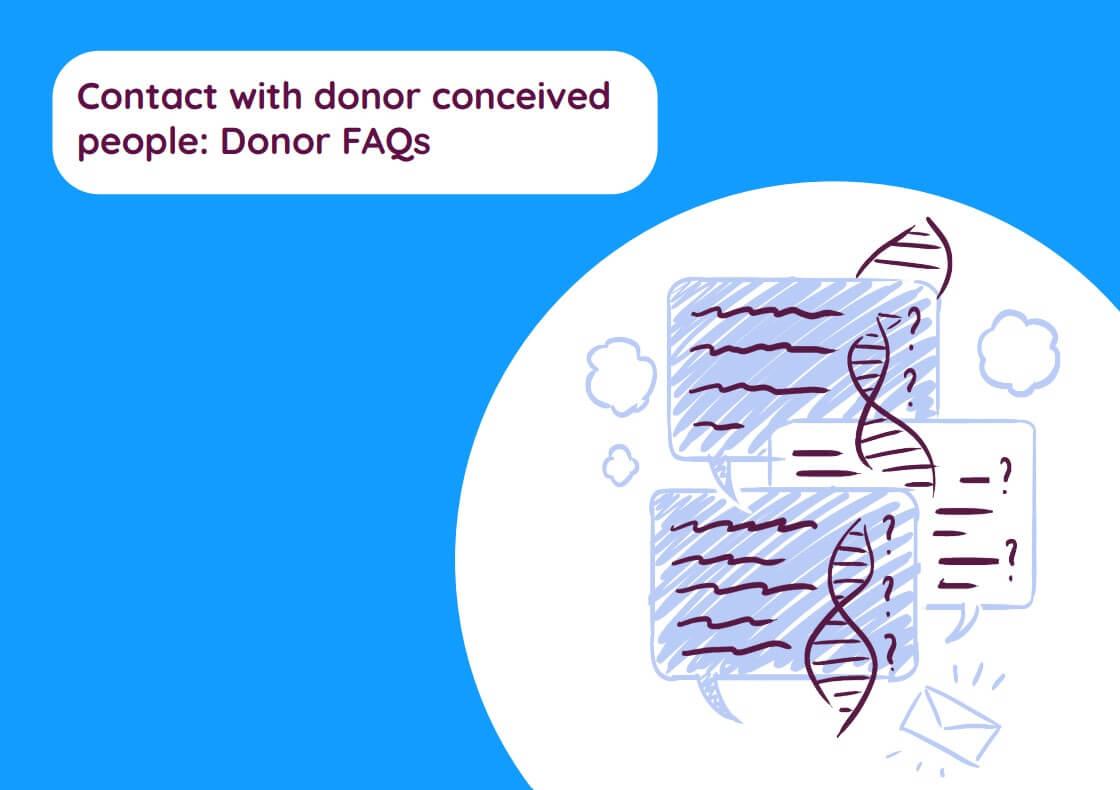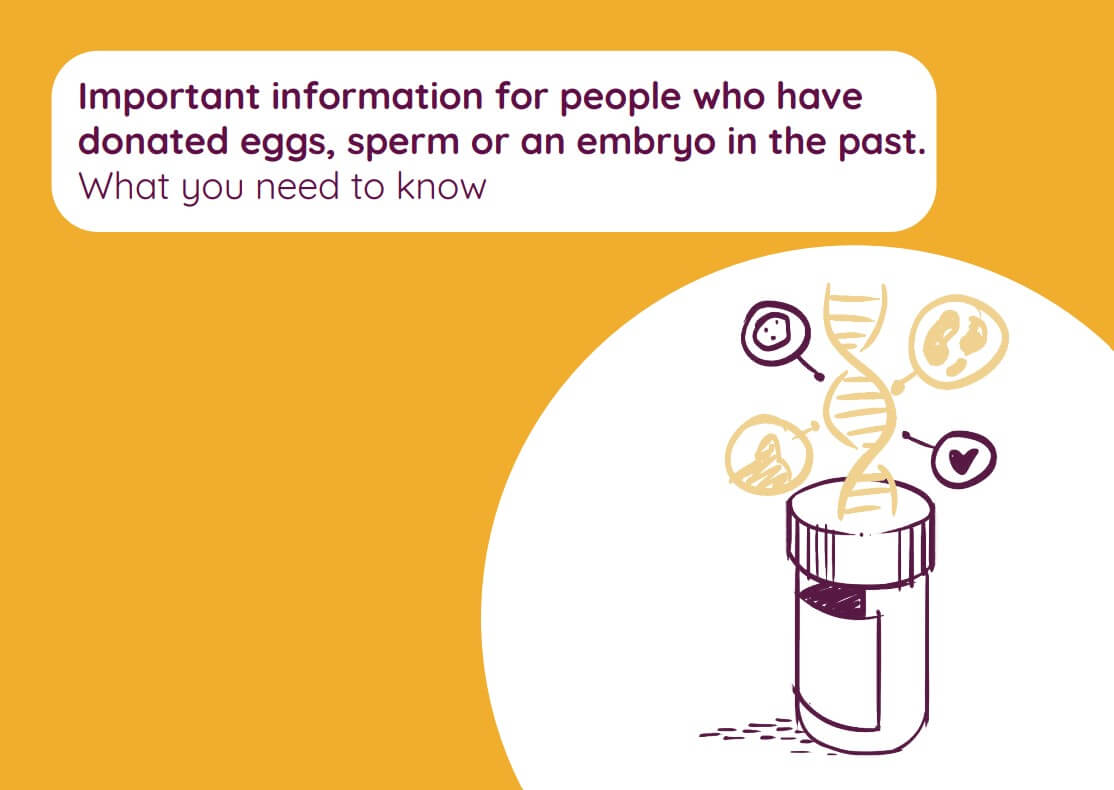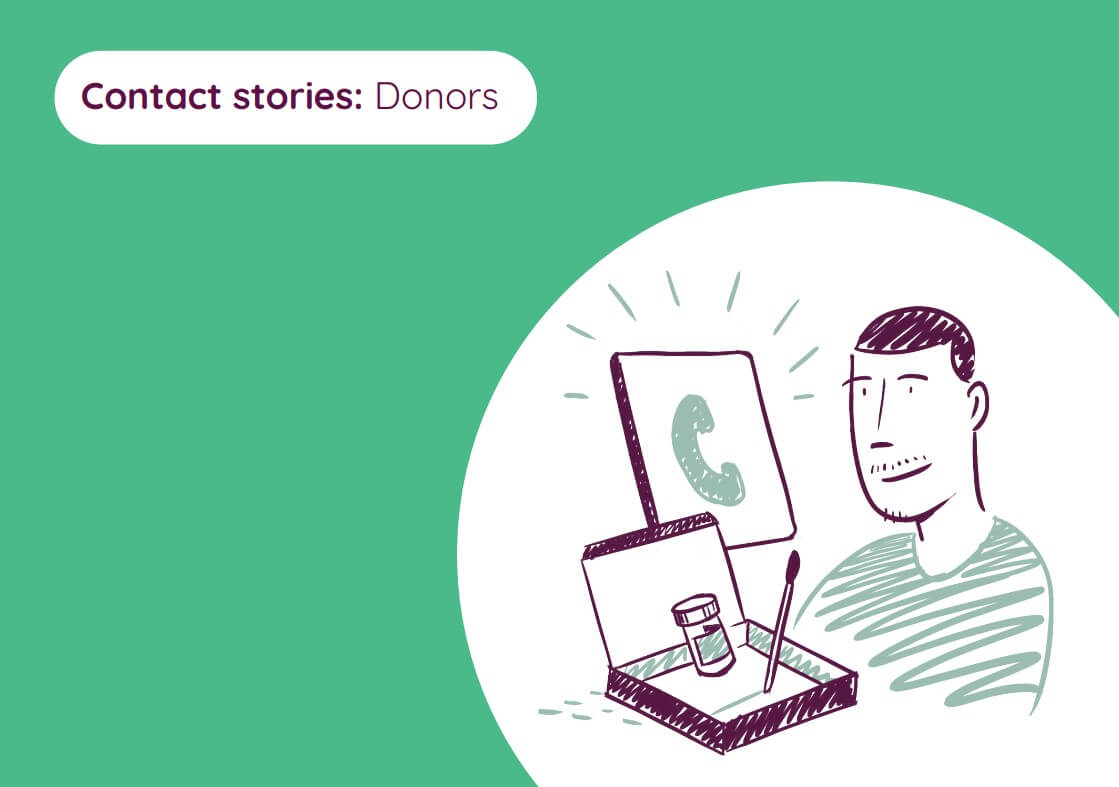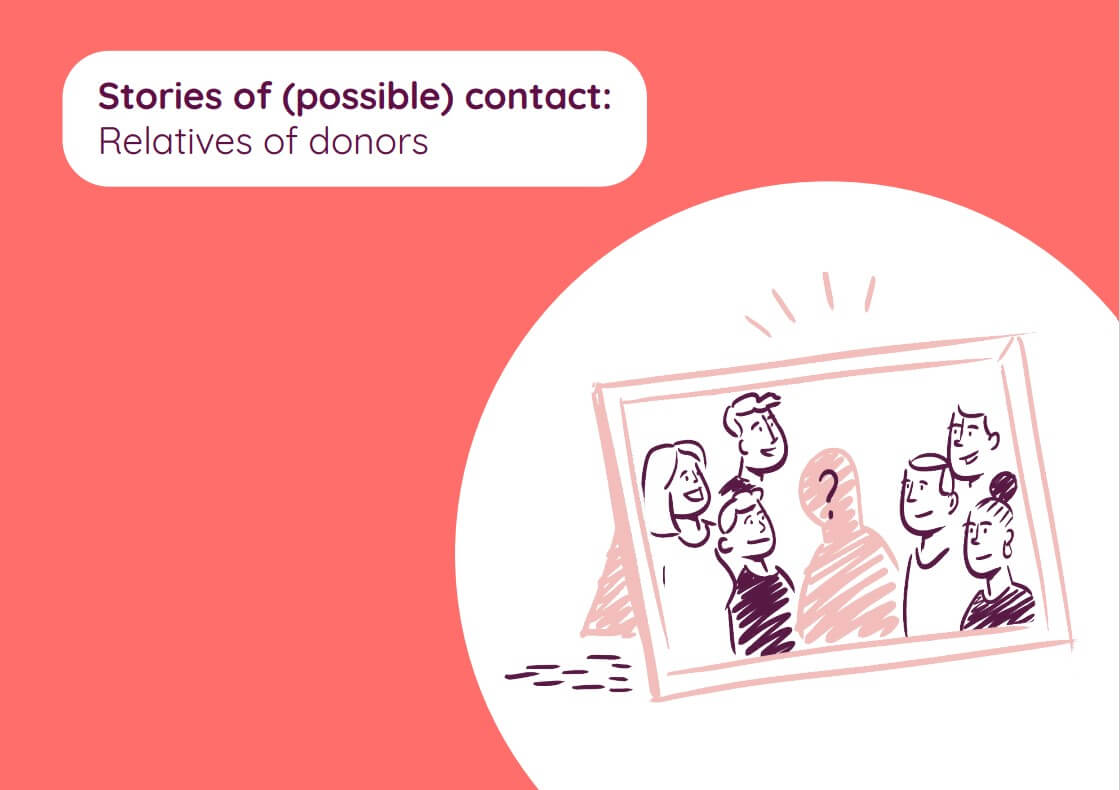Donating your eggs
Women up to the age of 36 are able to donate or share their eggs. Donating is an amazing gift and a serious commitment. In order to collect your eggs you’ll need to go through part of the IVF process which is invasive and time-consuming.





